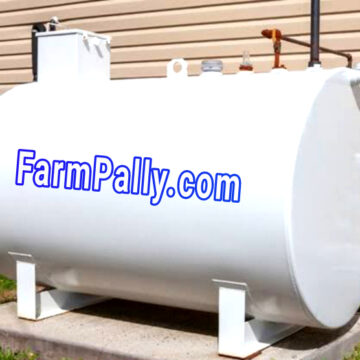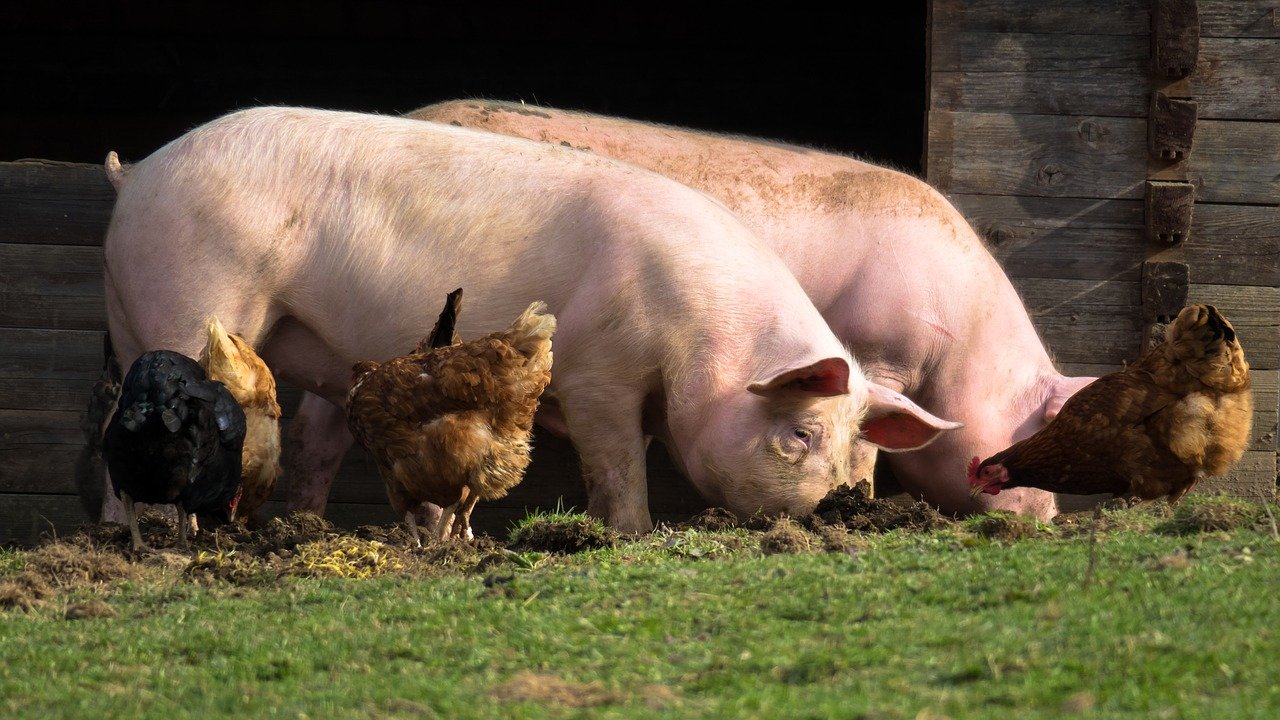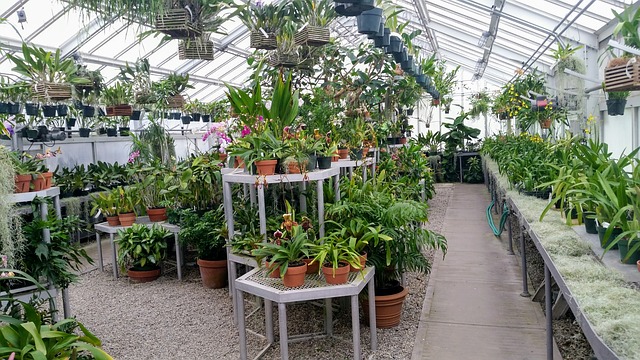As the human population keeps on growing, spaces for agriculture are becoming abode for human living.
Therefore, the next step in agriculture is indoor farming, which gives room to the practice of vertical and hydroponic farming on a commercial scale in the urban centres.
In terms of food security, indoor farming has got its green signal and since it has a lot of benefits attached to it, this technology is the the future of farming.
Some agric firms are already investing on vertical farming equipment and growing many crops comfortably.
With the growing population, there will be additional demand of billions, more than the present supply in the feed.
More so, since the land mass of the world is only limited, balancing this demand with the limited supply is a big concern.
Taking all this into account, it is understood that the horizontal farming can not be the only source of food, vertical farming should be brought into the scene with the following advantages it holds.
Benefits of Indoor Farming in Crop Production
With the vertical farming in cultivation, there can be sustained crop production throughout the year.
In fact, that’s the main objective of vertical farming.
The model of Indoor farming is capable of producing feed which is much higher than the traditional cultivation.
Depending on the type of crop variety, one acre of indoor farming will be able to produce almost equal to around 5 or 6 acres of horizontal farming which is the traditional system of farming.
Since it is vertical farming, the length of the farm can be increased without major issues as opposed to the horizontal farming which has only limited land resource.
This also means that when the farming is done vertically, it will leave less room for pests and infestation.
With vertical farming, the option of large-scale farming is open.
With indoor farming, the farming space will be in a controlled environment which will limit the use of chemical pesticides on the crops also.
When indoor farming is combined with the available technologies, even though the demand keeps growing, the supply will be unaffected as the crop produce will significantly increase.
Traditional farming will also go on one side and the introduction of indoor farming will open up new employment opportunities too.
Benefits of Indoor Agriculture as related to Environment
Since the crops will be cultivated in an indoor space, the environment will be controlled.
This means that the crops can be saved from any sort of extreme weather conditions.
Indoor farming will also help in managing fossil fuels because less machines are used in transporting farm materials and crops.
Water management in farming
Also, when compared to the traditional method of farming, the indoor or vertical farming will use almost 60 percent less water.
This is because, in vertical farming, water is usually recycled from vertical layer to vertical layer, meaning that soil and water are not left unused.
The vertical farming system is supported by the use of recycled water, which can be used for farming inside the building itself.
All the black water can be taken as compost and can be used for the topsoil.
This can be utilized for the extraction of water in agriculture, and in this way farmers can reduce water pollution.
Soil management in farming
While traditional farming will use up the richness inland over a period of time, in the case of indoor farming this richness can be brought back even after a lot of utilization.
They can be brought back to their natural form. Even in cases where crop cultivation might not be possible, these lands can be used for the growth of trees which will be beneficial for the environment.
Indoor farming helps in Saving Up Equipment and Cost
Since these crops are produced in the indoor space, there will be less need of the mechanical plows and other such machinery which run on fuel.
This will save up the cost of equipment and will also control agricultural pollution by minimizing the emission of carbon monoxide.
Since these farms can be cultivated in any place, most of the cultivation can be done locally.
This means that there will be less need for the transport of crops.
When there is no shipping or transportation involved, it will help in minimizing the transport related costs significantly.
Indoor farming and better healthy produce
Since indoor farms can be cultivated in the local areas, the supply will be fresh.
This means that human health will become better eventually as there is less need for the harmful chemical here.








